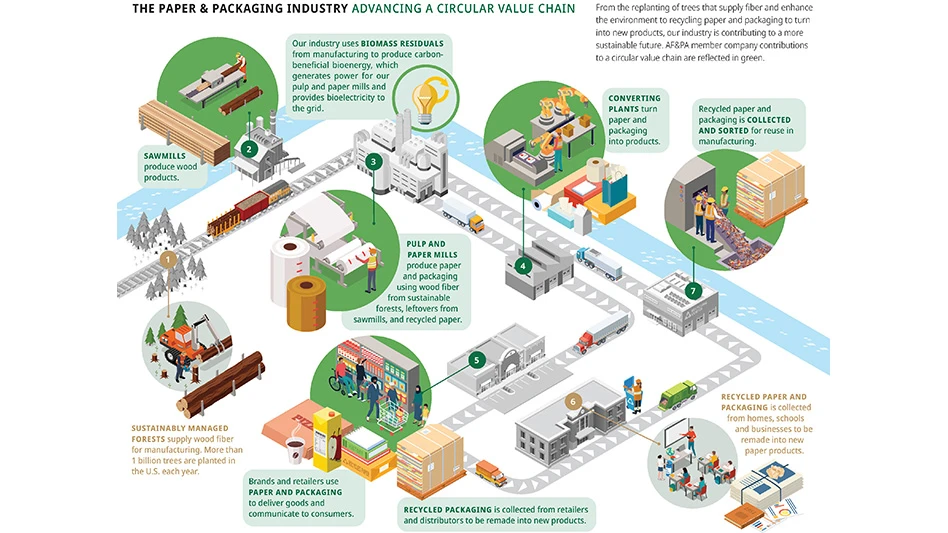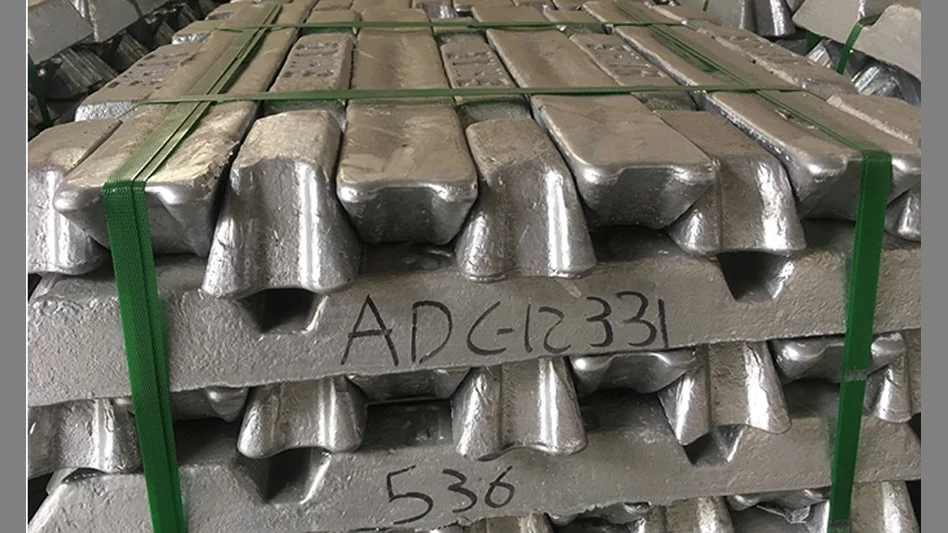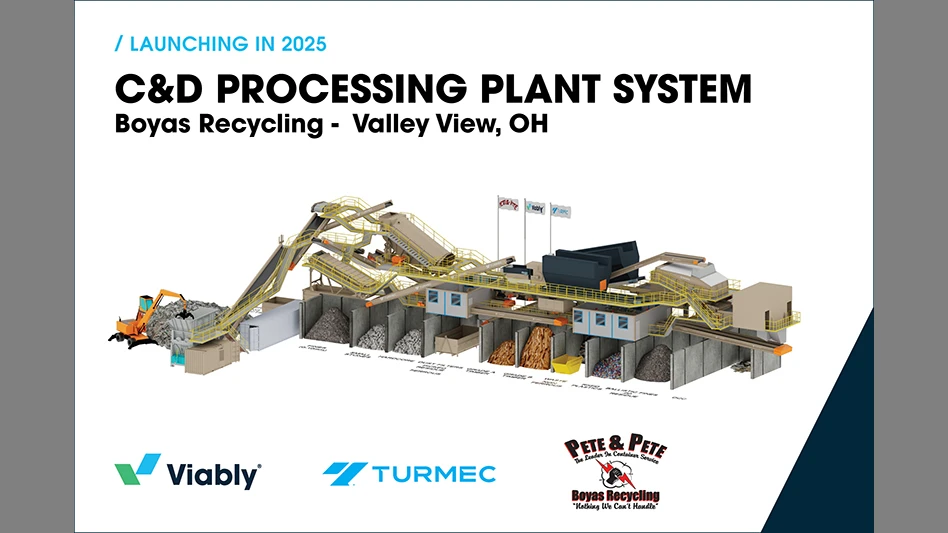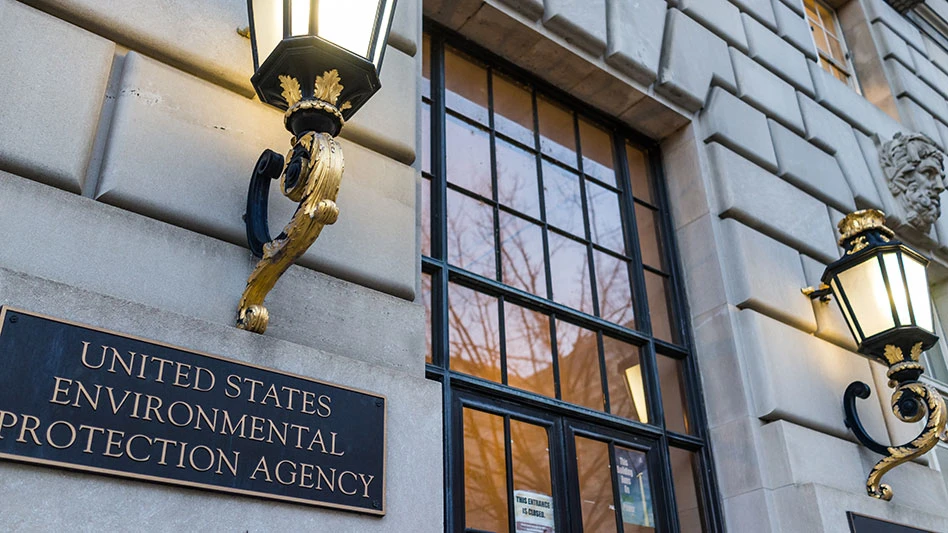
Graphic courtesy of the American Forest & Paper Association
In a brief posted to its website in late August, the Washington-based American Forest & Paper Association (AF&PA) refers to the United States forest products sector as “inherently circular” in its approach to its supply chain.
Calling the forest products industry “inherently circular in its supply chain,” AF&PA writes, “This is how our industry is contributing to a more sustainable future.”
“In the U.S., 94 percent of the people have access to community recycling programs for paper, and 79 percent of Americans have access to residential curbside programs, making it efficient and effective to recycle paper at home," AF&PA says of recycling.
“Many of our member companies own and operate material recovery facilities and collection programs.”
Regarding other links in the paper and board supply chain, AF&PA refers to sustainably managed forests that supply wood fiber for manufacturing. "Most forests in the U.S. are privately owned by small landowners," the group says. "More than 1 billion trees are planted in the U.S. each year.”
For their energy needs, AF&PA says some paper and packaging industry facilities use “renewable biomass energy residuals—left over wood fiber and other manufacturing materials—to power mills.”
Customers can offer paper-based packaging as a sustainable option that allows brands to deliver products safely and communicate with consumers, AF&PA states.
Getting back to recycling, the trade groups adds, “After use, packaging is collected and sent back to mills to be recycled. As this process comes full circle, the recycled paper is sorted and fed back into our manufacturing process to make new products.”
According to AF&PA, its business model matches what is called for by the London-based Ellen MacArthur Foundation, which defines the circular economy as “one that is restorative and regenerative by design and aims to keep products, components and materials at their highest utility and value at all times, distinguishing between technical and biological cycles.”
“It’s a cycle that keeps going,” AF&PA writes in its brief. “Instead of throwing things away, we look for ways to make them useful again.”
The circular model carried out by AF&PA member companies, the group says, is distinctive from “the traditional linear economy [which] follows the ‘take-make-dispose’ approach.”
Latest from Recycling Today
- Radius to be acquired by Toyota subsidiary
- Algoma EAF to start in April
- Erema sees strong demand for high-volume PET systems
- Eastman Tritan product used in cosmetics packaging
- Canada initiates WTO dispute complaint regarding US steel, aluminum duties
- Indianapolis awards solid waste contract, updates recycling drop-off program
- Novelis produces first aluminum coil made fully from recycled end-of-life automotive scrap
- GPR’s hubbIT platform recognized in Georgia State University’s Marketing Awards for Excellence in Innovation





